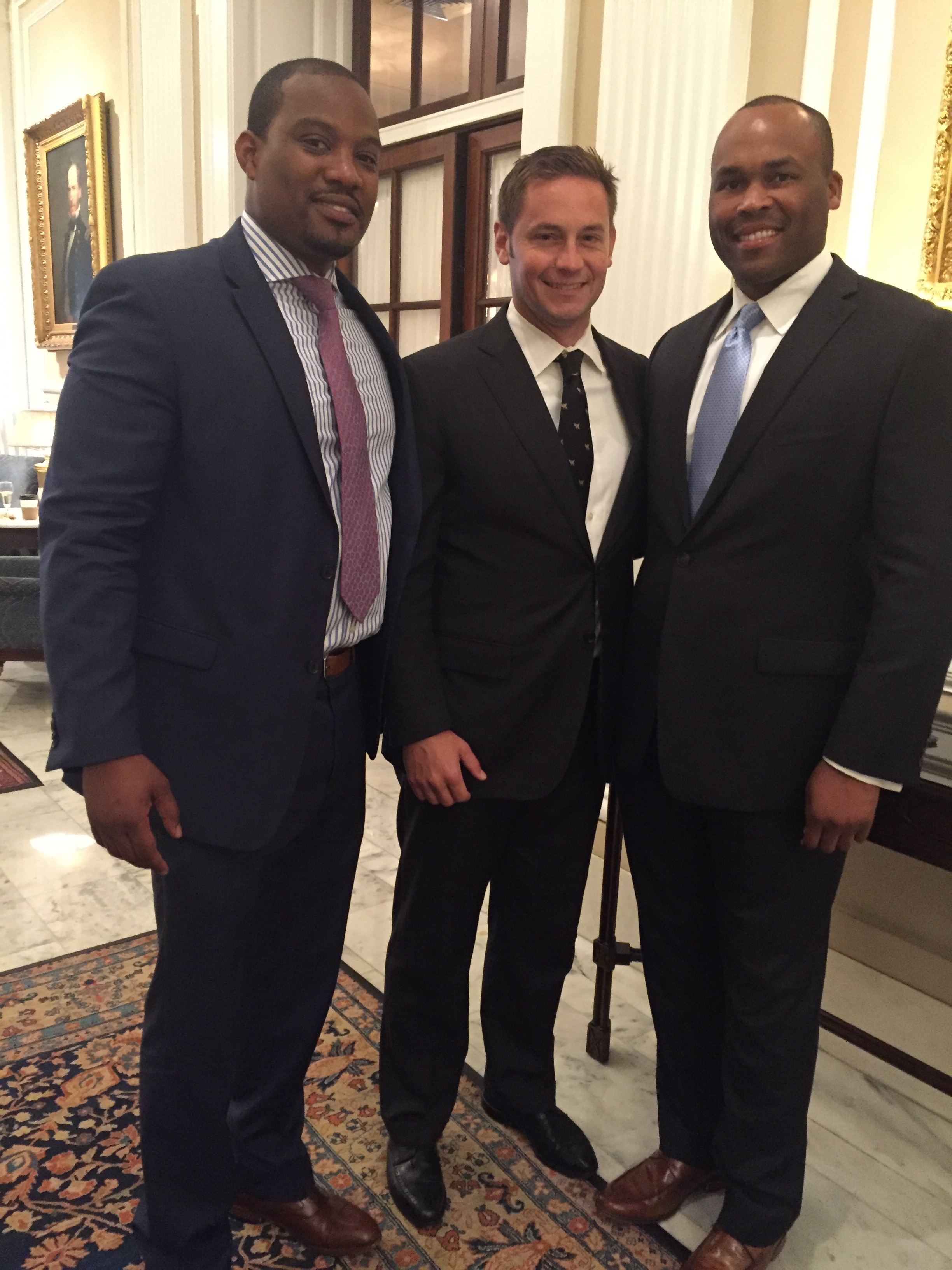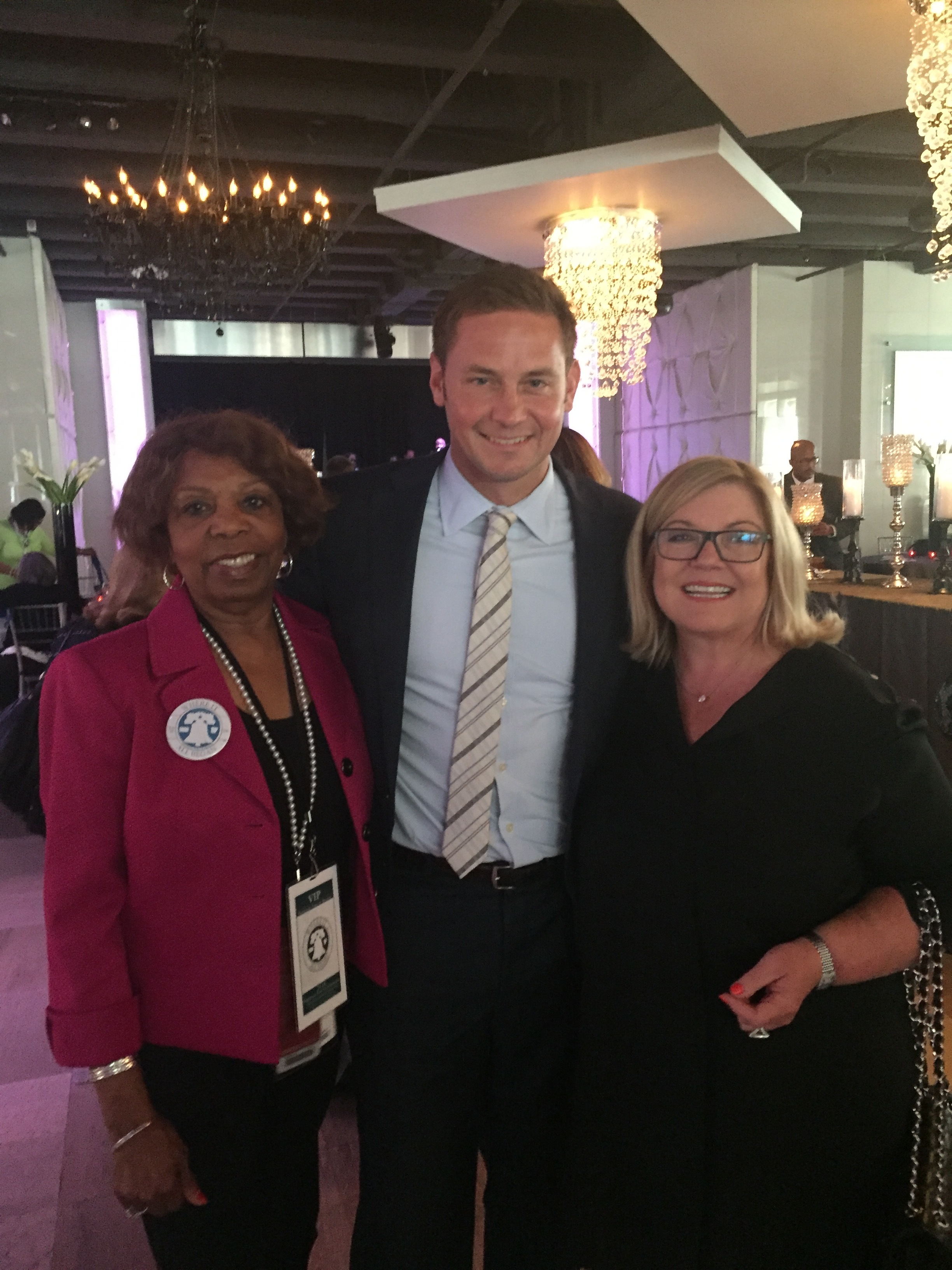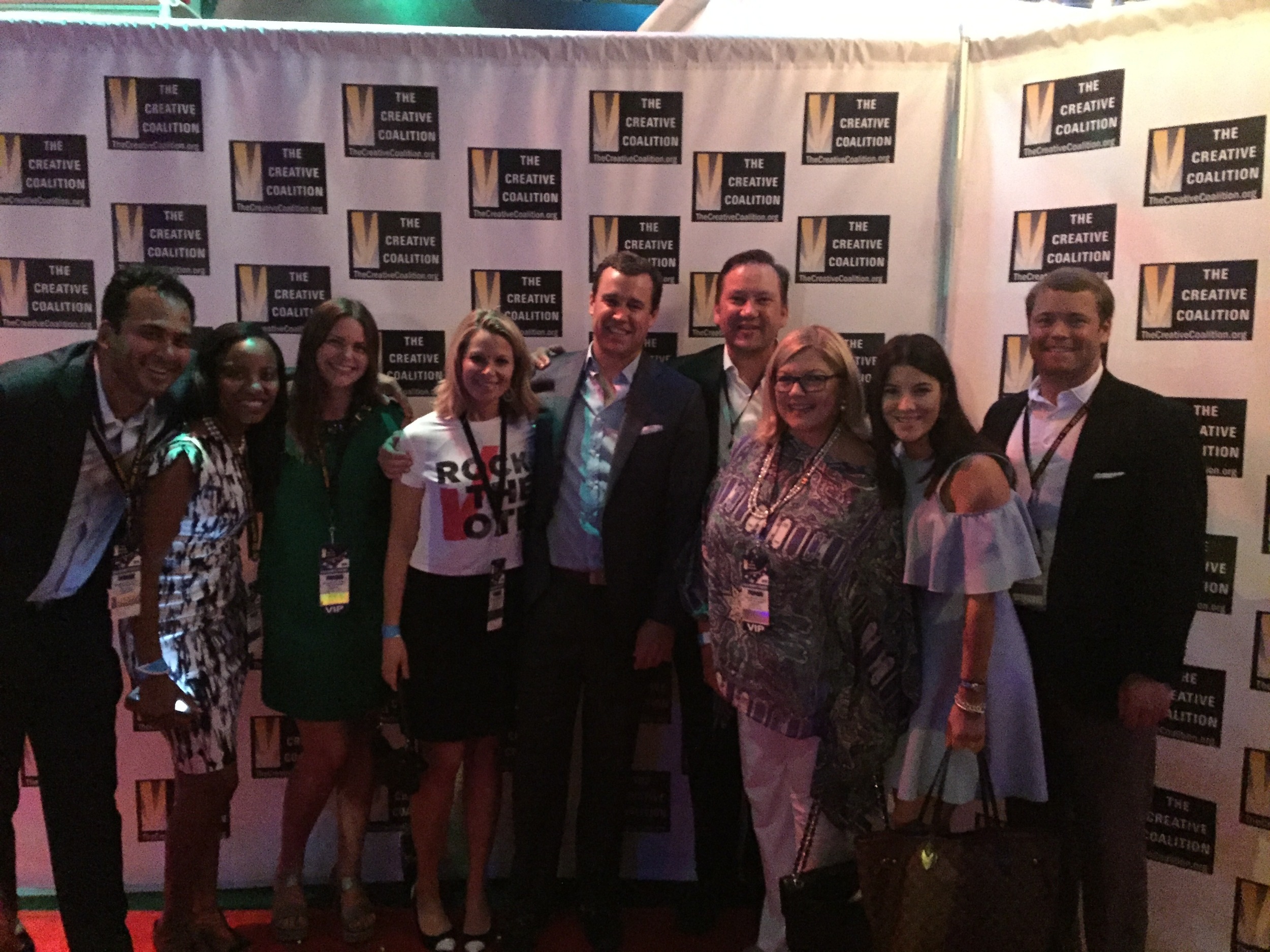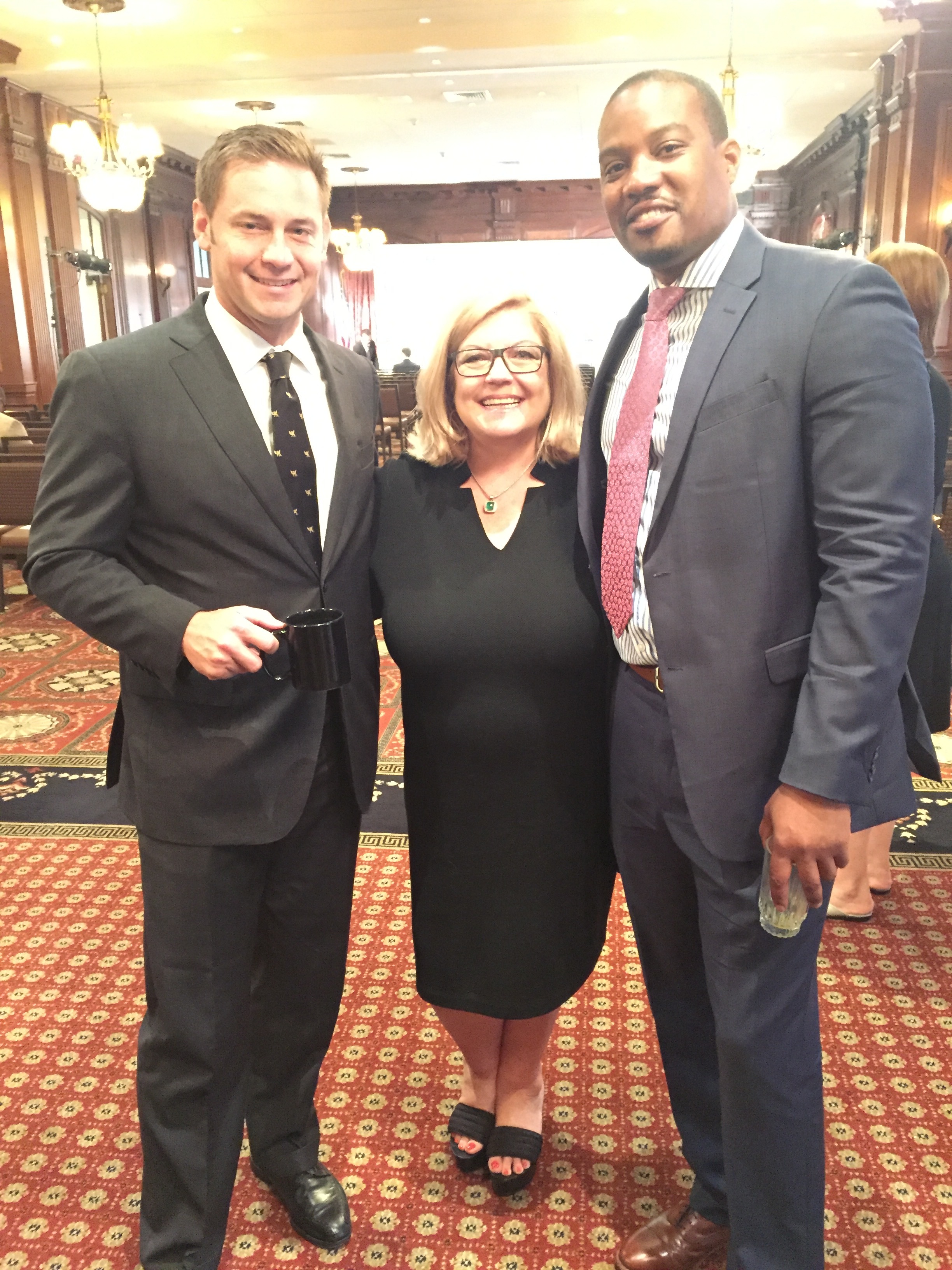The Carter Center, a not-for-profit organization advancing peace and health worldwide, has appointed 21 new members to its Board of Councilors, bringing total membership to 211.
The Board of Councilors is a leadership advisory group that promotes understanding of The Carter Center and its activities among opinion leaders and the broader community. Former U.S. President Jimmy Carter, former First Lady Rosalynn Carter, and staff members give updates about the Center’s activities to board members throughout the year.
"Our Board of Councilors creates an intimate link between The Carter Center, the city of Atlanta, and the state of Georgia by helping us to promote the work and mission of the Center in their communities," President Carter said.
Since its founding in 1987, the Board of Councilors has been led by some of Atlanta's most distinguished civic leaders, including its current chair, Shan Cooper, chief transformation officer, WestRock Company.
Following are the new councilors:
Dr. Raphael Bostic, president and CEO, Federal Reserve Bank of Atlanta
Julie Haley, CEO & co-founder, Edge Solutions
Philip E. Holladay, Jr., partner, King & Spalding
Lynne Homrich, founding executive chairwoman & CEO, League of Change Institute
Sue Kolloru Barger, partner and managing director, Boston Consulting Group
Craig Lesser, managing partner, Pendleton Group
Daniel McMorrow, general manager, D-Mac Industries
Bartow Morgan, Jr., chief executive officer, Brand Group Holdings
Richard Novack, president and general manager, MidSouth Market, Cigna
Helen Smith Price, vice president of global community affairs, The Coca-Cola Company
William T. Ratliff III, CEO, Collateral Companies
Matt Richburg, Ph.D., managing partner, Ampersand Leadership Group
E. Hearst Roane, Esq.
Caroline Scott Talley, senior counsel, Parker, Hudson, Rainer & Dobbs
Bernard Taylor, Sr., partner, Alston & Bird
Paul E. Viera, Jr., CEO and partner, EARNEST Partners
Jeff Williams, managing partner, US Strategic Capital Venture Fund
Rocky Williform, founder and CEO, MixP3 Corporation
Jim Winestock, senior vice president (retired), United Parcel Service
John C. Yates, partner, Morris, Manning & Martin
Cynthia Hardy Young, CEO & founder, Pivot Global Partners




























